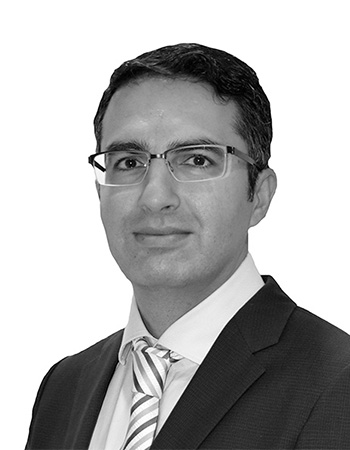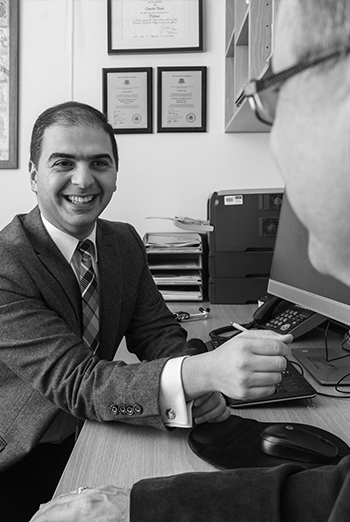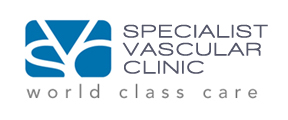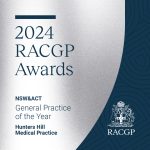Vascular Surgeon

Dr Walid Mohabbat
MBBS(Sydney)FRACS(Vascular)
VASCULAR AND ENDOVASCULAR SURGEON
Walid Mohabbat is a specialty trained vascular surgeon with subspecialty training in endovascular and aortic surgery. He specialises in open and endovascular stentgraft repairs for abdominal aortic aneurysms (AAA) and thoracic aortic aneurysms (TAA) and aortic dissections, complex endografting (fenestrated and branched endograft repairs) for juxtarenal, suprarenal and thoracoabdominal aortic aneurysms and dissections, carotid endarterectomy (CEA) and carotid artery stenting (CAS), lower extremity endovascular treatments including angioplasty, stenting, laser atherectomy. He also specialises in endovenous therapies for varicose veins including percutaneous laser vein ablation.
Dr Mohabbat grew up on the North Shore and received his medical degree from the University of Sydney. He undertook general surgical training at the RPA and POW hospitals. He then completed a three year fellowship in vascular surgery including training years at RNSH, Sydney and PA, Brisbane. Dr Mohabbat received his FRACS (Vascular) in 2006.
Under the mentorship of Roy Greenberg, MD, a world renowned vascular surgeon, Dr Mohabbat then joined the Department of Vascular Surgery at the Cleveland Clinic Main Campus in Cleveland, Ohio USA. There he obtained his Ohio State Board Medical License and completed fellowships in the fields of vascular research, aortic surgery and endovascular surgery in the United States’ consistently number one ranked heart and vascular institute. His main clinical focus was on the endovascular management of complex aortic disease with fenestrated and branched endografts. After two years in the USA, Dr Mohabbat then returned to commence vascular surgical practice.
Dr Mohabbat operates at the Royal North Shore Hospital, Sydney Adventist Hospital, Macquarie University Hospital and Northern Beaches Hospital.
Dr Mohabbat is available at Hunters Hill Medical Practice once per month.
To make an appointment with Dr Mohabbat, please call 02 9439 1110
Website: www.specialistvascularclinic.com.au
More about Vascular Surgery
Vascular surgery is the treatment of diseases of the arterial, venous, and lymphatic systems.
Vascular surgery is indicated when a patient has vascular disease that cannot be treated by less invasive, nonsurgical treatments. The purpose of vascular surgery is to treat vascular diseases, which are diseases of the arteries and veins.
Arterial disease is a condition in which blood clots, arteriosclerosis, and other vascular conditions occur in the arteries. Venous disease involves problems that occur in the veins. Some vascular conditions occur only in arteries, others occur only in the veins, and some affect both veins and arteries.
A vascular surgeon diagnoses, treats, and manages conditions in your arteries and veins, also called your blood vessels. These specialists treat a range of health problems, from spider and varicose veins to life-threatening aneurysms, and can help patients manage chronic conditions throughout their lives.

A vascular surgeon treats many conditions that affect the blood vessels in every part of your body except for your heart and brain. This can include:
- Aneurysm, a bulge or weak spot in an artery
- Atherosclerosis, or hardening of the arteries, where plaque builds up on your artery walls
- Carotid artery disease or peripheral artery disease (PAD), where the arteries that bring blood to your neck or limbs become narrow or blocked
- Compression disorders like nutcracker syndrome and thoracic outlet syndrome
- Dialysis access, or the placement of a graft or fistula that allows you to receive dialysis treatment for kidney disease
- Deep vein thrombosis (DVT), a blood clot in a vein deep below your skin
- Spider veins, or small webs of veins just below the surface of the skin
- Trauma to arteries and veins caused by accidents or injuries
- Varicose veins, or large, swollen, twisted veins that can cause pain or aching in your legs
- Venous ulcers and arterial and diabetic (neuropathic) wounds, which are nonhealing wounds that result from poor blood flow, especially in the legs.
To make a diagnosis, your vascular surgeon will start by talking with you about your medical history, lifestyle, and symptoms and give you a physical exam. If necessary, your surgeon may order additional tests.
Vascular surgeons develop treatment plans to fit each patient’s needs. Depending on your condition, this might include:
- Lifestyle changes, like quitting smoking, becoming more active, and choosing healthy foods
- Medicines that lower your risk of blood clots
- Catheter-based procedures, such as:
- Ablation, which safely closes damaged blood vessels
- Angioplasty, which uses a balloon to open up blocked arteries and veins
- Stenting, which uses a tube of metal mesh to hold an artery or vein open to allow for healthy blood flow
- Compression therapy, which uses special stockings to help manage symptoms like pain and swelling and increase blood flow
- Sclerotherapy, or injections that safely close spider veins and varicose veins
- Thrombolysis, which dissolves dangerous blood clots either through injections or a catheter
- Surgery to repair or remove damaged or diseased blood vessels.








